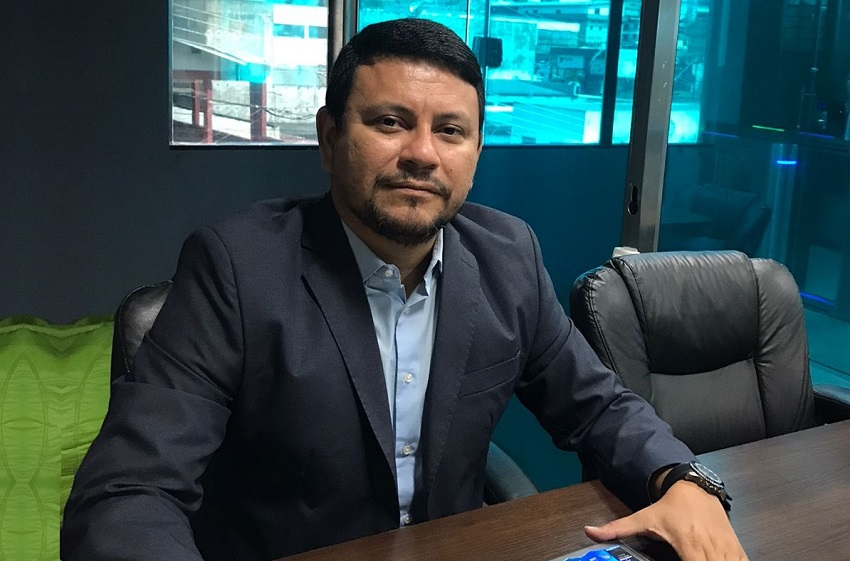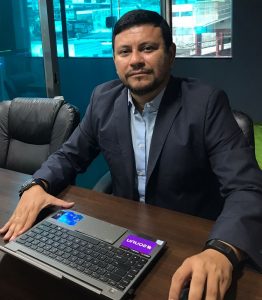
for every Francisco Arce

In short, healthcare systems vary greatly from country to country. Based on some research, I can highlight some differences between the health systems in Brazil, England, Portugal, Argentina, Australia and Uruguay, as well as the countries that benefit most from the technology:
Brazil
The Brazilian health care system is mostly public and comprehensive, through the Unified Health System (SUS). However, there are also private healthcare services.
One of the main differences is the lack of adequate resources and inadequate infrastructure in some areas, which may affect the accessibility and quality of health services.
Technology is increasingly being used in Brazil to improve access to healthcare in remote areas and expand telemedicine services.
England
The healthcare system in England is known as the National Health Service (NHS) It is financed mainly from taxes. It is a global public health care system.
One of the main features is free access to healthcare services for all UK residents.
The NHS has invested in technology, such as electronic health records, telemedicine and online booking systems, to improve the efficiency and quality of care.
Portugal
The healthcare system in Portugal consists of the National Public Health Service (Serviço Nacional de Saúde) and private healthcare services.
Access to the healthcare system is universal and free for residents of Portugal.
Portugal has invested in information technology to improve the efficiency and quality of care, such as implementing electronic health records and telemedicine.
Argentina
Argentina has a mixed health care system, consisting of a government-funded public system and a private health care sector.
Access to health services varies depending on health insurance coverage and the area in which a person lives.
Technology has been applied in Argentina to improve access to health services in remote areas and facilitate communication between health professionals.
Uruguay
Uruguay has a public healthcare system (Servicio Nacional de Salud) and a private healthcare system.
Access to health services is free for Uruguayan citizens, but there are also special services for those who can pay for them.
Technology has been used in Uruguay to improve the efficiency of healthcare services, including the implementation of electronic health records and telemedicine systems.
In summary, it is important to invest in technology to improve the efficiency and quality of care, as is the case in the UK, Portugal and Australia.
Using telemedicine to expand access to health services, especially in remote areas, such as Brazil, Portugal and Argentina.
Investing in electronic health records to improve coordination and information sharing between healthcare professionals, as in England, Portugal, Australia, Uruguay and now Brazil.
As for the countries that benefit most from technology, all of the countries mentioned have made efforts to implement technological advances in their healthcare systems. However, countries with more abundant resources and more developed infrastructure, such as England, Australia and Portugal, have an initial advantage in adopting and using health technologies. However, it is important to highlight that technology can play an important role in improving access to and quality of health services in any context, including countries with limited resources, such as Brazil, Argentina and Uruguay.
*Francisco Arce is Executive Director of Technology, Research and Innovation at the Everest Institute.

“Friendly zombie guru. Avid pop culture scholar. Freelance travel geek. Wannabe troublemaker. Coffee specialist.”






